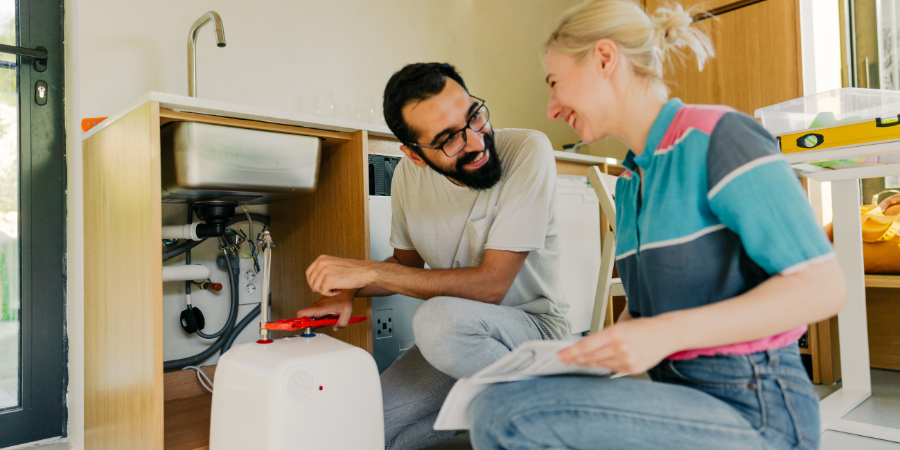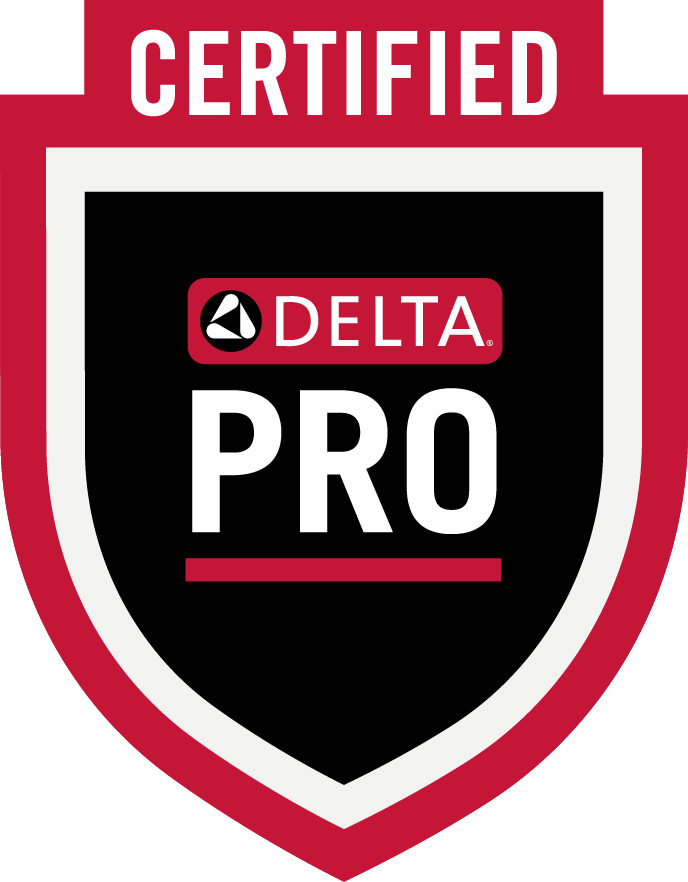Plumbing codes were first established in 1933 to ensure the safety of home and business owners from the many devastating effects of poorly installed plumbing systems. Violations of these established codes occur when individuals or businesses neglect to follow clearly outlined rules for what is and is not allowed. Resolving code violations is time-consuming and costly, so understanding and avoiding them is worthwhile.
In this article, we will explain what plumbing codes are and provide a list of common code violations, from improper installation techniques to outright neglect of the safety of the inhabitants where the violations occurred.
We will then explain the best way to resolve discovered violations and a surefire method to prevent them from happening in the first place.
Code Development
The National Standard Plumbing Code (NSPC) outlines plumbing codes, which are continuously updated to reflect the latest information about appropriate plumbing materials, the latest technology, and the best practices that should be adhered to to ensure people’s health and safety.
All professional plumbers are adept at knowing and applying these rules and regulations since their licenses depend on proper workmanship and avoiding violations. They keep current on new processes, innovations, and techniques because their reputations and the comfort and safety of their customers depend on them.
Common Code Violations
Plumbing requires great skill and understanding of complicated installations, especially in bathrooms and kitchens. To ensure quality materials and effective techniques are followed, plumbers must operate under the current codes. Unfortunately, some plumbers are not trustworthy or general contractors who skirt the rules and regulations to speed up the completion of jobs. This results in common plumbing violations such as these.
Plumbing Pipe
When installing plumbing pipes, the correct size must be considered to guarantee wastewater flows smoothly out of the home. Pipes that are too small restrict flow, whereas pipes that are too large are prone to clogging because momentum is disrupted.
Proper pipe materials must also be considered. Usually, PVC pipe for drains and copper pipe for water supply are acceptable while other pipes cannot withstand high temperatures and pressures and would fail if used in certain circumstances. Knowing individual pipe qualities will keep code violations at bay.
Another common violation regarding piping is not sloping pipes correctly. The basic rule is a quarter-inch drop for every one foot of pipe. This ensures wastewater will exit the pipe without clogging or becoming stagnant.
Fixtures
Properly installing fixtures is covered under the plumbing codes to avoid water from leaking around the fixture or valve failures. There are also rules about how close fixtures may sit in relation to each other that must be considered and honored.
Venting
Much of the information in the codes revolves around proper venting of sewer gases. Sewer gases can be toxic and must be kept out of living spaces for the health and safety of the inhabitants.
Preventing sewer gas entry is usually accomplished by installing individual traps on all plumbing fixtures. Known as P-traps, these curved pipes hold a small amount of water to keep sewer gases from traveling back up drain lines and entering a home. Improperly installed traps can create vacuums that will siphon out the trap’s water, leaving an open route for sewer games to enter.
Missing Or Non-Functioning Shutoff Valves
Washing machines, toilets, sinks, and tubs all require shutoff valves. These can be used when repairs are required rather than shutting off the entire home’s water supply. Shutoff valves are also important in an emergency, like when a toilet is overflowing and you want to minimize the water damage.
When shutoff valves do not work or are omitted altogether, this can lead to disastrous results and is a clear violation of the plumbing code.
Water Pressure
A plumber following the code will test the incoming water for pressure. If the pressure is too low, a pump can be added to ensure water can reach where it needs to go. Water pressure that is too high can weaken pipe joints or cause burst pipes, creating serious plumbing emergencies. A pressure-reducing valve can be installed to lower the pressure and avoid a disaster.
Gas Lines
In homes with access to natural gas, a gas line must be installed. Violation of this area of plumbing has severe and potentially deadly consequences. It should never be considered a DIY project or completed by anyone other than a licensed, insured, and qualified plumber. A code violation with regard to a gas line is the worst violation of all.
Preventing Code Violations
If purchasing a new home, request the plumbing inspection documentation that should have followed every plumbing installation. This will show you if the work was completed by a professional and deemed safe and correct.
When planning an addition or any type of plumbing update, be sure to employ a trustworthy and licensed professional who will secure the proper permits and follow-up inspection, guaranteeing the reliability of the work.
Finding and correcting violations can take a lot of time, effort, and expense, which is certainly not abundant in most people’s lives. Do it right the first time, and rest assured your plumbing meets the current standards of excellence.
Looking To Avoid Plumbing Code Violations?
To ensure any past and future plumbing jobs comply with the rules and regulations set out by the NSPC, you must employ only a professional plumber and not rely on the skills of a general contractor, yourself, or a family member claiming to be more knowledgeable than they really are. Put your trust in those who view plumbing as a respected profession, with the safety of their customers a top priority.
We offer outstanding plumbing services, with our customers as our highest priority. We study the code, we follow the code, and we respect the code so you can rest assured your home is safe and your plumbing system is functioning optimally. Give us a call so we can handle your plumbing needs using the best the plumbing system has to offer. Call today to schedule an appointment!






